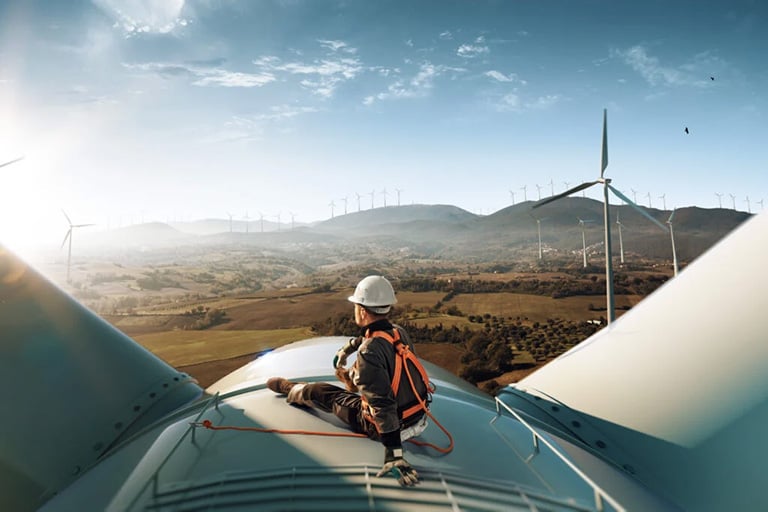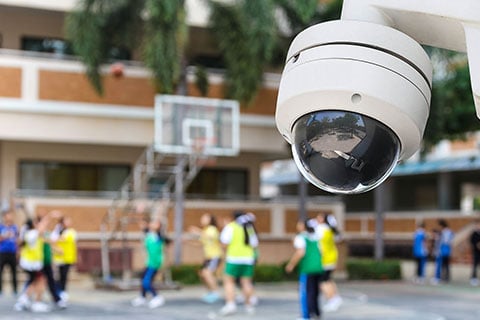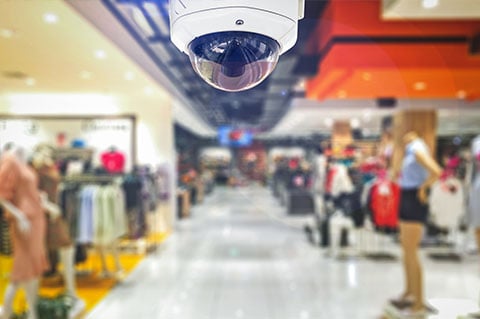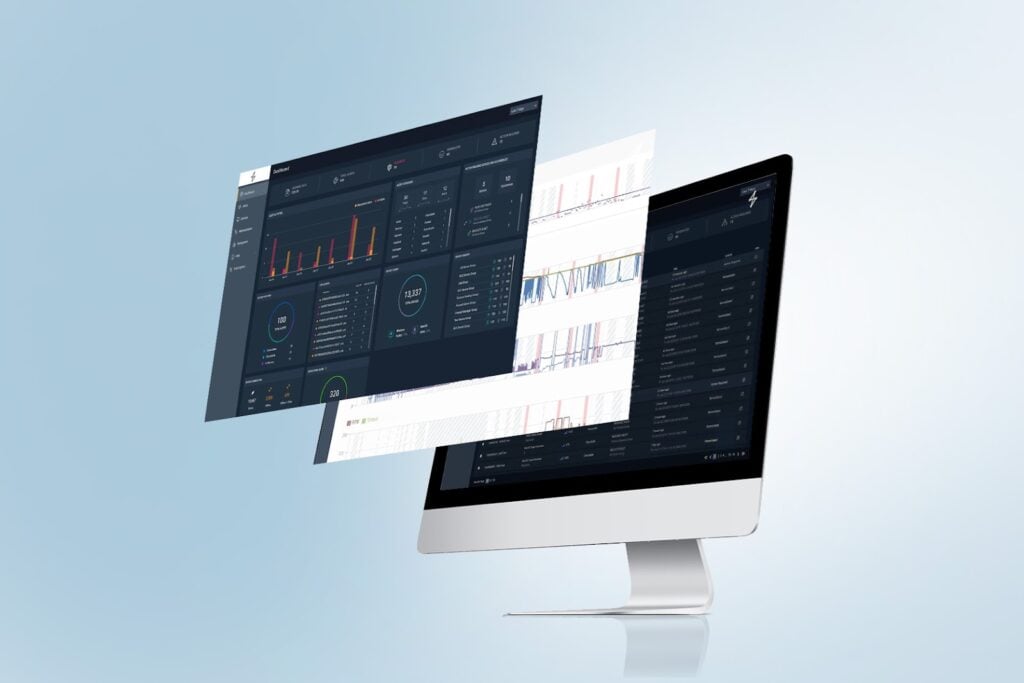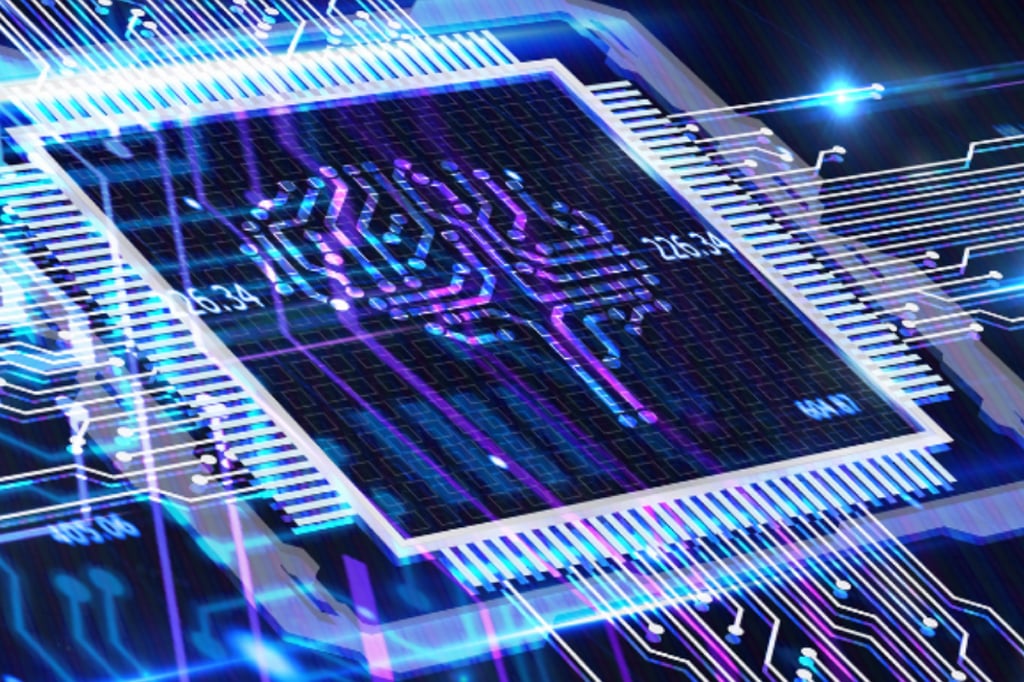By now, most people are at least passingly familiar with some of the more high-profile applications of artificial intelligence (AI). We’ve all interacted with the digital assistants (Siri and Alexa) on our cell phones, streamed a recommended Netflix movie, or bought something that Amazon recommended to us. These applications are becoming increasingly pervasive in everyday life. And if you work in the corporate world, you may have also encountered AI-powered efficiency and productivity-enhancing applications like predictive maintenance, natural language processing (NLP), or visual image analysis.
There are, though, many less well-known but highly creative applications either in use already or being developed, prototyped, and piloted today. And while many of these are relatively obscure or niche applications, they nevertheless demonstrate the breadth and depth of impact that AI can have on our personal and professional lives in the years to come.
Here’s a quick sample of the sorts of AI-enabled applications that aren’t exactly mainstream:
- Robotic bees for pollinating crops
- Brewing better-tasting beer
- Writing hit songs
- Forecasting movie release performance
- Making recommendations on Netflix or Spotify
- Designing perfume scents
- Helping you brush your teeth properly
- Judging beauty competitions
- Flipping hamburgers
- Writing fanfiction
- Developing recipes and performing other chef functions
- Diagnosing diseases
- Helping rovers navigate on Mars
- Focusing ads on viewers to maximize profits
- Intelligent traffic management systems
- Writing fortune cookies
- Coaching minor league soccer teams
- Creating an AI TV news anchor
- Writing car commercials
- Choosing Halloween costumes
- Finding Waldo in a “Where’s Waldo” drawing
The list is virtually endless, limited only by the imaginations of the researchers and developers tasked with coming up with new ways of delivering value from a technology that has been around, in some fashion or other, for more than 50 years. Let’s dig in a bit and explore the details of a few examples and how they might affect our lives in the coming decades.
Improving crop yields
Much has been written in recent years about declining bee populations due to pesticides, climate change, and innumerable other causes. An early-stage but intriguing application—and one that could have important long-term benefits in agriculture—is AI-controlled robotic pollinating bees. Equipped with GPS and high-resolution cameras, these robo-bees can help to address the problem of flagging bee populations and ensure that farmers are able to successfully pollinate their crops. Walmart has already filed a patent application for their “pollination drones,” and while the retail giant’s agenda for pursuing this technology is unclear, it is plausible to assume that they want to improve control over the crops that are important to managing their supply chains. Research and development of robo-bees has been happening since at least 2013 when Harvard University first introduced its version of this potentially game-changing agricultural technology.
Creating innovative art
An area of endeavor that most people feel is the sole purview of humans is the arts, whether music, painting, writing, or other forms of self-expression. Thus it is that some recoiled at the news in 2018 that an AI-generated painting entitled Edmond de Belamy sold at auction for $432K. Others find even more disturbing the fact that an increasing amount of music is now AI-generated. But in 2017, British hip-hop artist Alex da Kid released a song called Not Easy that charted on both Billboard and iTunes. In this example, much of the final production work still needed to be done by actual musicians, with the algorithms doing the heavy lifting of surveying the past 10 years of hits to identify specific trends, riffs, etc. that would increase the odds of producing a winner. In the five years since that hit release, countless other musicians have found clever ways to use AI to write and perform music, a trend that shows every indication of continuing unabated.
Coaching a winning team
While data science has been an increasing influence in professional sports for at least a couple of decades (think 2004 Red Sox, who famously won their first World Series since 1918 under the tutelage of Theo Epstein and vast amounts of data analysis), employing an actual AI coach seems a rather large step in the automation direction. But, following a grim couple of seasons, English soccer team Wingate and Finchley FC took the extreme step of hiring an AI coach to help them with formations and other tactical decision-making. By analyzing the outcomes of numerous matches against past Wingate opponents, the algorithm chalked up a 1-1 draw in its inaugural match against rival Whitehawk FC. Perhaps not the resounding defeat AI fans might have anticipated, but undefeated is still undefeated.
Tooth brushing comes of age
At just $22, the Oral B Genius electric toothbrush might be the best bargain in artificial intelligence today. But in fact, the first AI toothbrush to hit the market appeared in 2014, a product of the Kolibree Company. According to Kolibree CEO Thomas Serval:
‘’Patented deep learning algorithms are embedded directly inside the toothbrush on a low-power processor. Raw data from the sensors run through the processor, enabling the system to learn about your habits and refine accuracy the more it’s used.’’
The system, trained on a wide range of brushing styles, carefully analyzes your duration, coverage, and a host of other metrics you never knew could be used to describe your particular technique and its effectiveness. The brush’s deep learning algorithm remembers the brushing behavior of its particular user, allowing the user to utilize consistent technique from one brushing to the next. And because simply using an AI toothbrush wasn’t regarded by the Kolibree marketing folks as innovative enough, they also sell a kid’s version (dubbed Magik) that entertains with augmented reality games while they’re brushing.
A world of AI-powered opportunity
At SparkCognition, we naturally focus most of our energies and case studies on applications like predictive maintenance, natural language processing, and visual analysis. But it’s important to acknowledge that while there are indeed vast improvements happening in the business world because of AI innovations, there are, as well, plenty of opportunities for incremental improvement in the lives of ordinary people, sometimes from surprising directions.

